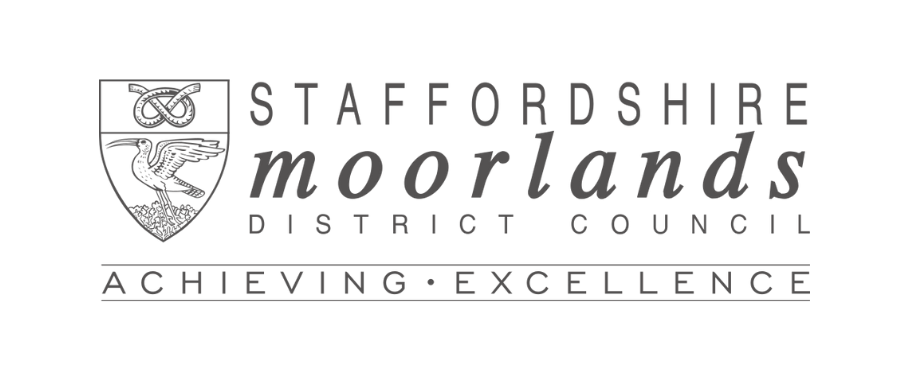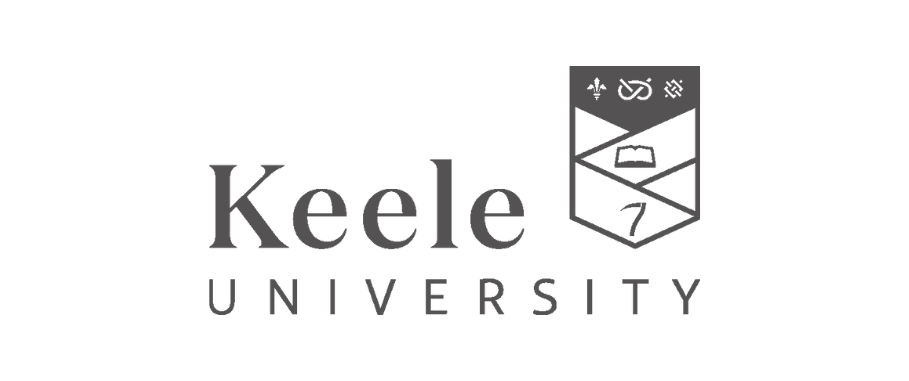#WorldYouthSkillsDay blog post – Fixing the skills gap requires breaking down social mobility barriers for our young people
 Professor Liz Barnes CBE DL is the Vice Chancellor and Chief Executive at Staffordshire University and chairs the Future Skills group of the Stoke-on-Trent and Staffordshire LEP
Professor Liz Barnes CBE DL is the Vice Chancellor and Chief Executive at Staffordshire University and chairs the Future Skills group of the Stoke-on-Trent and Staffordshire LEP
When the UK plunged into its first lockdown in March 2020, we had no idea how much it would disrupt our lives and impact all our futures.
During those unnerving first weeks and months all focus was on protecting people and saving lives. We all made sacrifices to protect our NHS and help the vulnerable.
Over the course of the pandemic priorities inevitably evolved – from a race to find a vaccine and roll it out across the nation, to a focus on living with the changing restrictions that have been a part of our lives for the last 16 months.
As we look to our post-pandemic world, one priority that absolutely needs to be front and centre is the future of our young people and the skills they need to make valuable and meaningful contributions to our society.
Make no mistake about it – they have been impacted as much as anyone by the pandemic and, going forward, they will be the ones that will be rebuilding our society and economy for decades to come.
As the long-term impact of the pandemic starts to show, it is abundantly clear that our younger generation, or ‘Generation COVID’ as they have become known, are the individuals who are being hit the hardest.
It is upon us do to do everything we can to ensure that they have bright futures ahead of them. Research uncovered by the BBC in October last year found that young people, particularly those from deprived backgrounds, saw their earning and job prospects hit the hardest by the pandemic.
BBC Panorama revealed that people aged 16 to 25 were more than twice as likely as older workers to have lost their jobs, while six in 10 saw their earning fall.
With a focus on brighter days ahead we need to put a sharper lens on what we can do to upskill and future-proof our young people – with a distinct focus on the ‘jobs of tomorrow.’
Going back a full year before the first lockdown, to March 2019, and the World Economic Forum was already warning that skills gaps across all industries were poised to grow in the
Fourth Industrial Revolution, a fusion of advances in artificial intelligence (AI), robotics, the Internet of Things (IoT), genetic engineering, quantum computing, and more.
Alongside the existing skills gaps, we know that the pandemic has thrown a spotlight on digital poverty which itself limits access to opportunities – which is why more work is needed than ever before to turn the situation around.
Universities have a key role to play in this by offering students, of all ages and of all backgrounds, access to courses that ensure they have the skills required for the tech careers of the future.
Staffordshire University, which puts social mobility at the heart of its purpose, has ambitions to become the UK’s foremost digital university. At the core of this sits our focus on careers of the future in Industry 4.0, games and esports, intelligence and global security, the creative industries, business, innovation and enterprise, and patient-centred health and social care.
For our young people to make impactful contributions to the economy and, more importantly, to live happy and fulfilling lives we need to ensure they have access to these opportunities.
This is why I will keep banging the drum for social mobility – it is not enough to offer the opportunity to upskill, it is crucial that barriers faced by people in accessing these opportunities are addressed. Staffordshire University’s Opportunity Action Plan, part of the Social Mobility Pledge initiative, sets out a series of ambitions that we will work towards with the aim of ensuring that more people are able to access Higher Education, and progress in careers, unhindered by their background or lack of connections.
Inequality of opportunity represents a particular challenge in social mobility ‘cold spots’ such as Stoke-on-Trent, where levels of child poverty and participation in higher education are amongst the worst in the UK.
The Social Mobility Pledge’s own research revealed that, in the UK, young people are finding it harder to progress in the workplace than their parents or grandparents did.
The only way this can be addressed is by taking firm action. This includes raising aspirations and encouraging young people to develop their confidence, resilience and expectations.
Prior to the pandemic, students were encouraged to broaden their horizons by spending time overseas, even if only for a week. Staffordshire University students, many of which arrive without ever having had a passport, benefit from being exposed to a wider world through the institution’s international placement programme. The University is also exploring the use of digital technologies to help students visualise their academic and career journeys, making it easier for them to articulate how far they have come and where they want to go.
In the summer 2020, Staffordshire University launched two mentoring programmes for students. The first comprised a peer-to-peer scheme to help support applicants during their transition into higher education. Individuals participating in this initiative were mentored by like-minded but more experienced students, who supported and coached them in a variety of fields associated with becoming an independent learner, empowering new starters to embrace their University journey from the outset.
The second scheme offered professional mentoring to existing students, utilising the expertise and experience of the institution’s employer partners and alumni. Industry mentors worked with Staffordshire University students to help them prepare for the rapidly evolving workplace, supporting them to develop key skills, self-awareness, resilience and confidence.
As a society we have a duty to our young people to provide the skills and, crucially, the support to acquire them so that they can make our world a better place for generations to come.


















